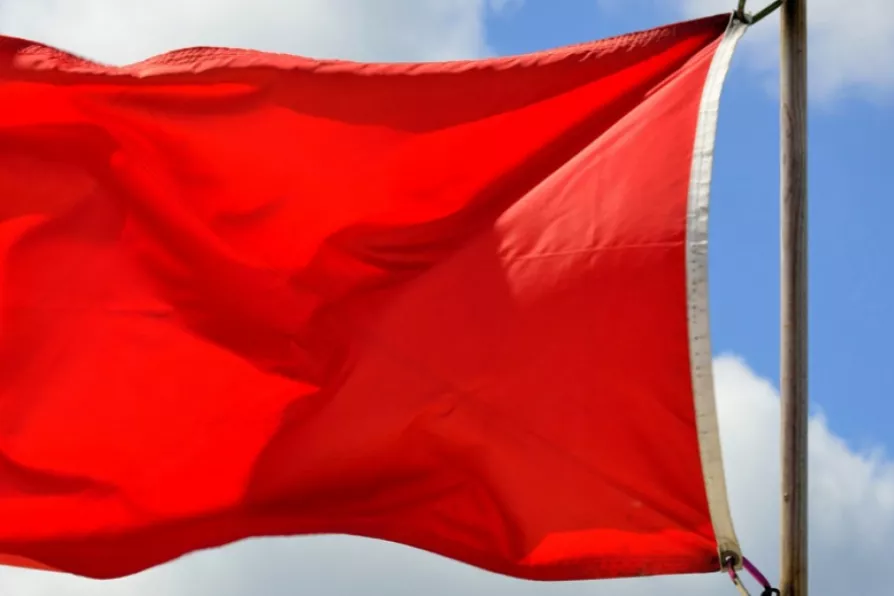ALAN McGUIRE welcomes the complete poems of Seamus Heaney for the unmistakeable memory of colonialism that they carry
Raising the red flag in Wales
ROBERT GRIFFITHS reviews two recent books on the history of communism in Wales


The Communist Party of Great Britain and the National Question in Wales 1920-1991
Douglas Jones
(University of Wales Press, £19.99)
Ar Drywydd Niclas y Glais: Comiwnydd Rhonc a Christion Gloyw
Hefin Wyn
(Y Lolfa, £14.99)
COMMUNISTS, socialists and others with an interest in modern Welsh and political history owe a debt of gratitude to Douglas Jones.
He has researched and analysed a wide range of information with scholarly rigour and — here’s the part which eludes far too many historians today — written it all up in straightforward English.
From the outset, the Communist Party in Wales had firm, organic roots not only in the working-class movement but also in Welsh-language culture.
Similar stories

Ben Cowles speaks with IAN ‘TREE’ ROBINSON and ANDY DAVIES, two of the string pullers behind the Manchester Punk Festival, ahead of its 10th year show later this month

This is poetry in paint, spectacular but never spectacle for its own sake, writes JAN WOOLF

JOHN GREEN surveys the remarkable career of screenwriter Malcolm Hulke and the essential part played by his membership of the Communist Party
Read Sisters, the journal of the National Assembly Of Women, below.











